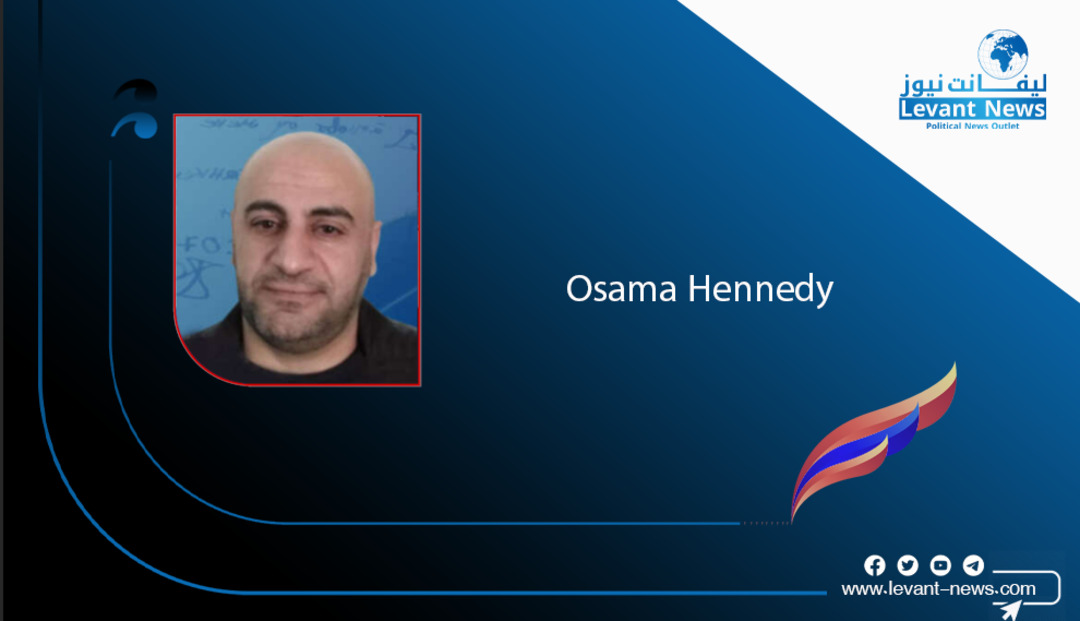-
The Tribe, Spoils, and Extremism: Syria in the New Era

During the United Nations General Assembly meetings, former U.S. President Donald Trump attempted to provoke his guest, Turkish President Recep Tayyip Erdoğan, by pointing out Erdoğan’s humility regarding the victory he achieved in Syria by removing the fleeing Assad regime. Trump did not hesitate to remind him bluntly—but truthfully—of the presence of his agents as rulers of the new Syria, directly inviting Erdoğan to boast about this action. The Turkish president appeared uncomfortable (at least in front of the cameras) with the words of the leader of the great power.
In reality, this scene does not pass unnoticed by those scrutinizing Turkish policy in Syria, which interacts with the Syrian situation as a victorious party with spoils. This opens the door to the core theme of this article: it is not about discussing U.S. policy, which is militarily and scientifically aimed at drawing new political geographies worldwide, nor about Turkish policy, which plays on a delicate line between the interests of its ruling Islamist party, Justice and Development, and its secular legacy established at the dawn of the 20th century. Instead, the discussion revolves around the Syrian agents who executed the meticulously drawn plan, and the question is: how are these agents trying to cement their rule in Syria?
In his famous book *The Arab Political Mind: Its Determinants and Manifestations*, Dr. Mohamed Abed Al-Jabri discusses, with numerous examples and insightful analysis, the tripartite structure that shapes the Arab mind: tribe, spoils, and doctrine. He concludes that the task of Arab thought is to transform the tribe into a “society” (a concept with significant differences, of course), turn spoils into a structured economy based on productive rather than rentier capitalism, and replace closed doctrines with constitutional legitimacy.
Why does Al-Jabri come to mind, and how can that relate to the Syrian situation? I will attempt to shed light on this in this article. Since the arrival of the Hayat Tahrir al-Sham (HTS) leadership to power in Damascus on December 8, 2024, after more than half a century of rule by the father and son Assad, the country is viewed through the lens of tribe, spoils, and religion—not as a modern state, with a modern economy, and respecting the religious pluralism present in the country. This perspective starkly contradicts the ideas of the great Moroccan thinker.
The perceptive observer cannot miss the numerous proofs and evidence of how the transitional authority interacts with Syria and Syrians using this same logic. For example, the logic of dominance, which the new rulers have entrenched under the slogan “He who liberates decides,” is a tribal logic. The Syrian people were responded to as a monolithic, deaf block, disregarding the country’s religious, sectarian, and ethnic diversity (assuming, of course, that they were liberated). This naive assumption is only believable by fools. This slogan, in its early days, was based on the escape of Assad, bringing in a government team from Idlib composed of Hayat Tahrir al-Sham members to take over ministries from Muhammad Al-Jalali, the last prime minister during Assad’s era, under the pretext of their “experience” managing Idlib—assuming that Idlib’s governance resembles that of Syria. This coincided with the emergence of “victor’s” supporters from foreign fighters, even promoting and giving ranks within the “army” to be formed, after decisions to dissolve the Syrian army and internal security forces, without distinguishing between the institution and its former regime members involved in civil administration, migration, passports, and traffic departments.
Like all tribal Arab traditions of kinship, the father of the transitional president did not hesitate to legitimize the tribal chief’s lineage, claiming they descend from the Hashemite nobility. Thus, the logic of tribal legitimacy—based on lineage—was made possible through the father, whose son, wanted on international terrorism lists, returned from Iraq. His sins and disobedience are considered “forgivable.”
The victorious side must prove their dominance to their audience through victims they demonize—sometimes claiming it is due to remnants of the old regime. Killing thousands of Alawites on the coast aligns with the logic of dominance and the Salafi Jihadi methodology that Gulani was brought up in, under the teachings of Ibn Taymiyah, Maududi, Al-Muhaysini, Abu Abdullah Al-Muhajir, Abu Musab Al-Suri, and others. The “new Sharia” did not waste time moving on to the Druze in Sahnaya and Jaramana, then to the great attack in Suweida, with new, flimsy reasons: sometimes for not surrendering weapons, sometimes for collaborating with Israel, and others for quelling tribal clashes. All of this was.
Osama Henidi
Tags
You May Also Like
Popular Posts
Caricature
opinion
Report
ads
Newsletter
Subscribe to our mailing list to get the new updates!




















